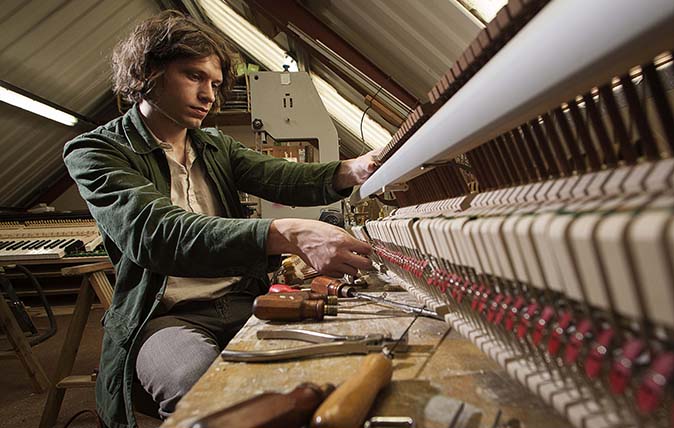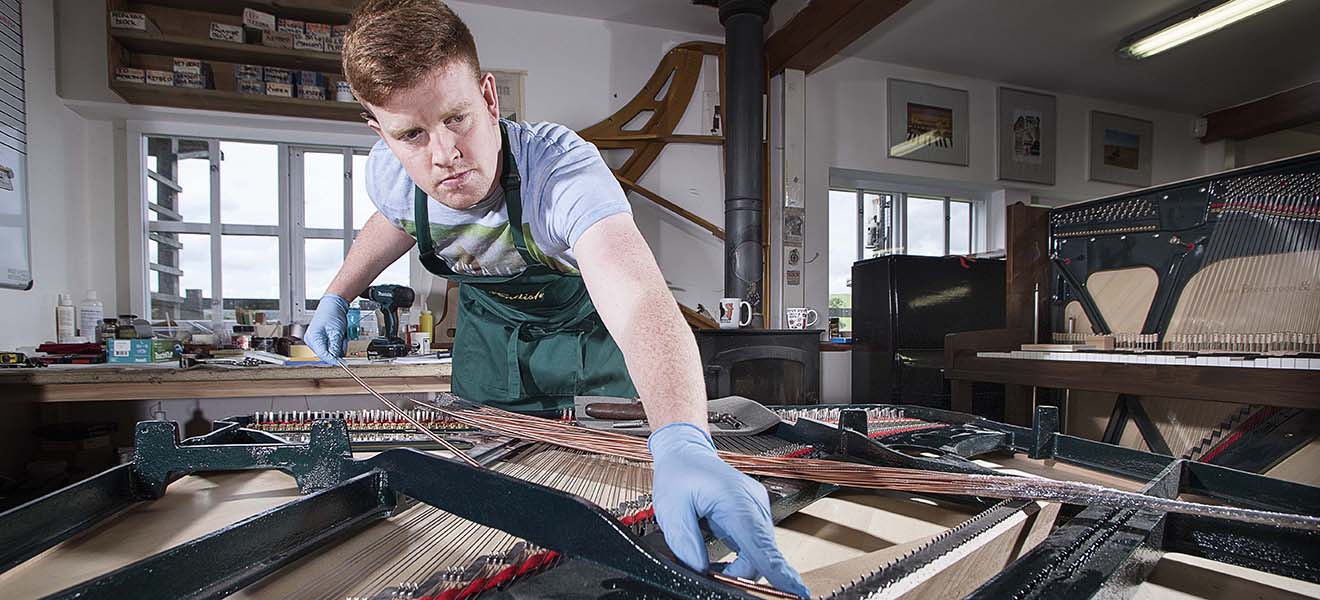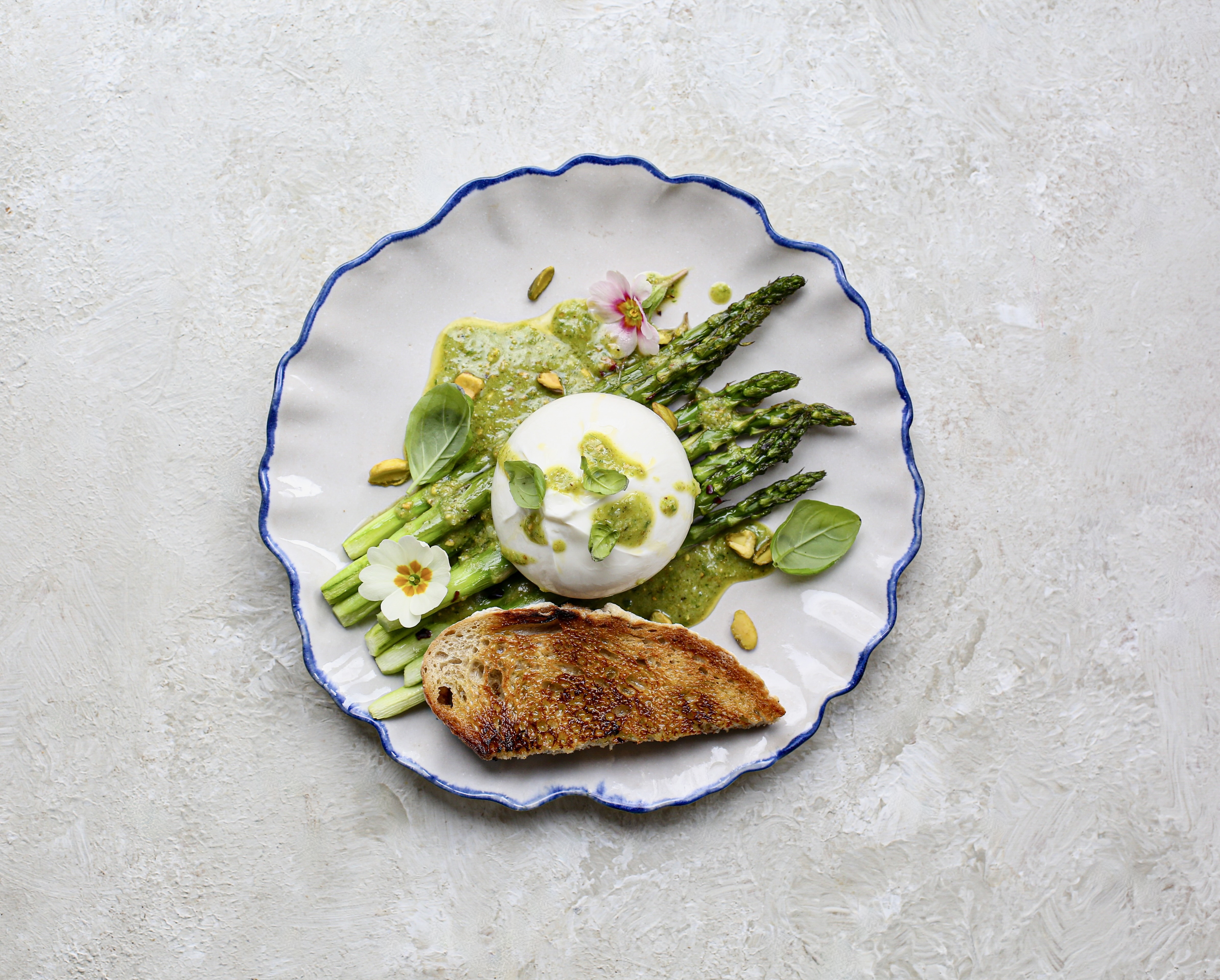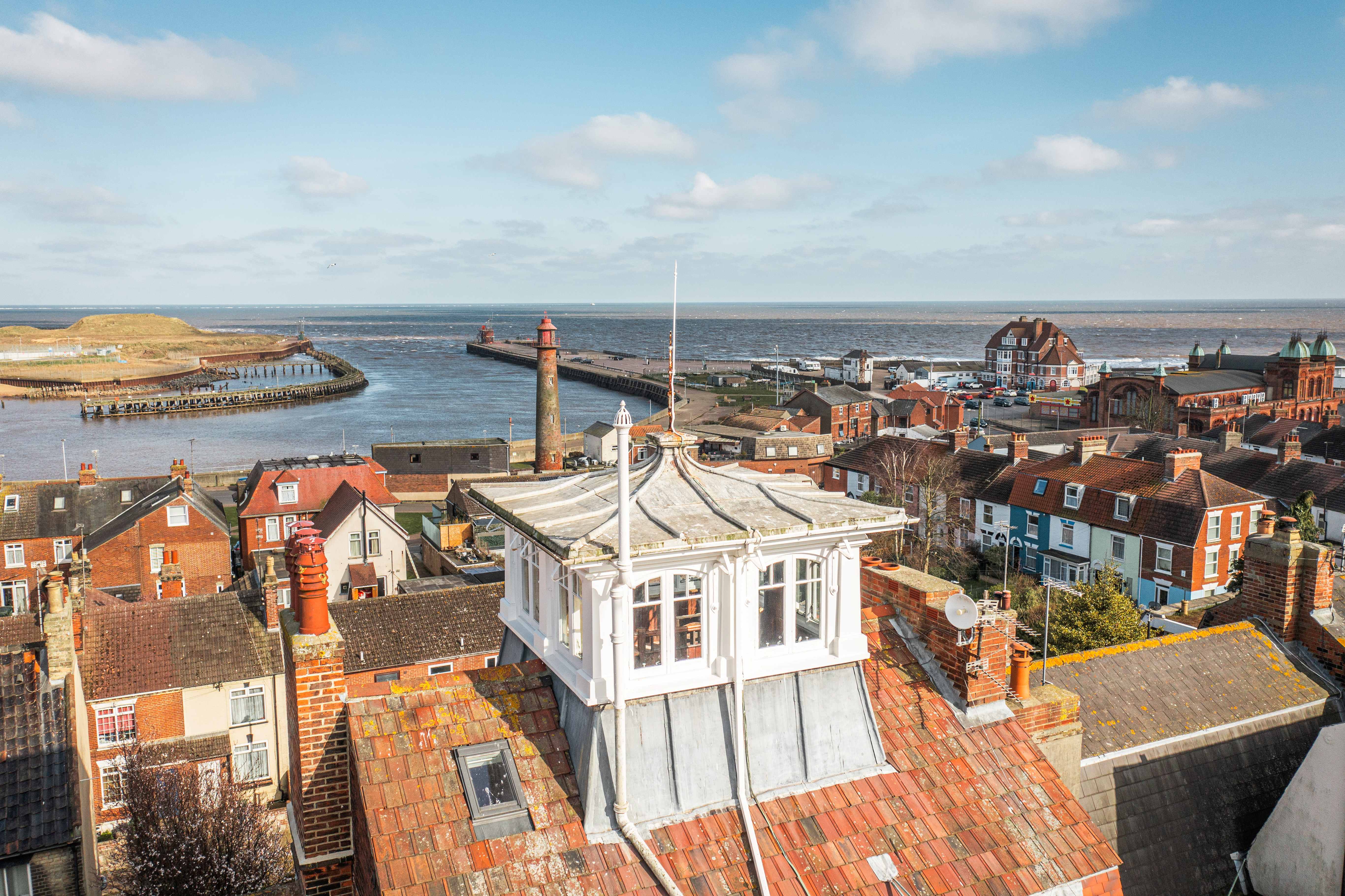The piano makers: 'Imagine the most complicated it could be then multiply it by 10'
There were once 300 traditional piano makers running businesses makers in England. Now there is only one. Kate Green caught up with them.


Adam Cox, proprietor of York-shire Pianos, compares the intricate works under the piano lid to what’s concealed beneath a car bonnet.
‘When we look at the windscreen wipers or lights, we don’t think about how they actually work. If you imagine this process to be as complicated as it could be and then multiply it by 10, that’s how complex it is,’ he explains.
‘It’s an intricate machine made out of wood at a level of precision not seen much outside the making of musical instruments.’
Yorkshire Pianos, based in an old forge on the Duke of Devonshire’s Bolton Abbey estate in the Yorkshire Dales – hence its Cavendish range – is the only commercial, traditional piano maker in Britain. Once, there were more than 300.
Mr Cox trained in piano technology at Leeds College of Music; this course doesn’t exist any more either – there’s only one in the UK, at the Piano Technology School in Northampton.

Commission time is about six months (there are ready-made ones in stock) and simultaneously involves craftspeople who include a local cabinet-maker, a string-maker in Didcot, Oxfordshire, and a marquetry designer in Wales.
No two pianos are the same, but the company’s USP is the traditional mellow ‘British’ sound, distinct from the ‘strident’ German sound or that of a Far Eastern model, says Mr Cox. ‘They tend to value volume, which isn’t high on our list – here, the piano was a ladies’ instrument, played in the boudoir.’
Sign up for the Country Life Newsletter
Exquisite houses, the beauty of Nature, and how to get the most from your life, straight to your inbox.
He adds: ‘The reason why people still value a hand-built piano is because the human eye is capable of a high level of sophistication. It’s a labour of love.’
Find out more about Adam and his team at www.yorkshirepianos.com and find more craftsmen at www.heritagecrafts.org.uk
-
 Two quick and easy seasonal asparagus recipes to try this Easter Weekend
Two quick and easy seasonal asparagus recipes to try this Easter WeekendAsparagus has royal roots — it was once a favourite of Madame de Pompadour.
By Melanie Johnson
-
 Sip tea and laugh at your neighbours in this seaside Norfolk home with a watchtower
Sip tea and laugh at your neighbours in this seaside Norfolk home with a watchtowerOn Cliff Hill in Gorleston, one home is taller than all the others. It could be yours.
By James Fisher